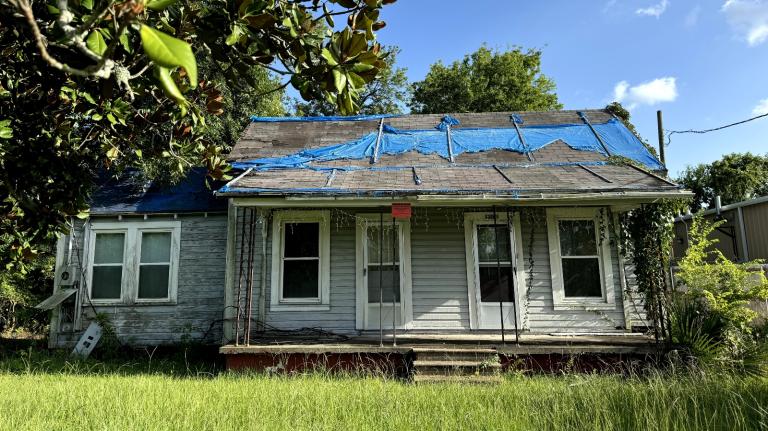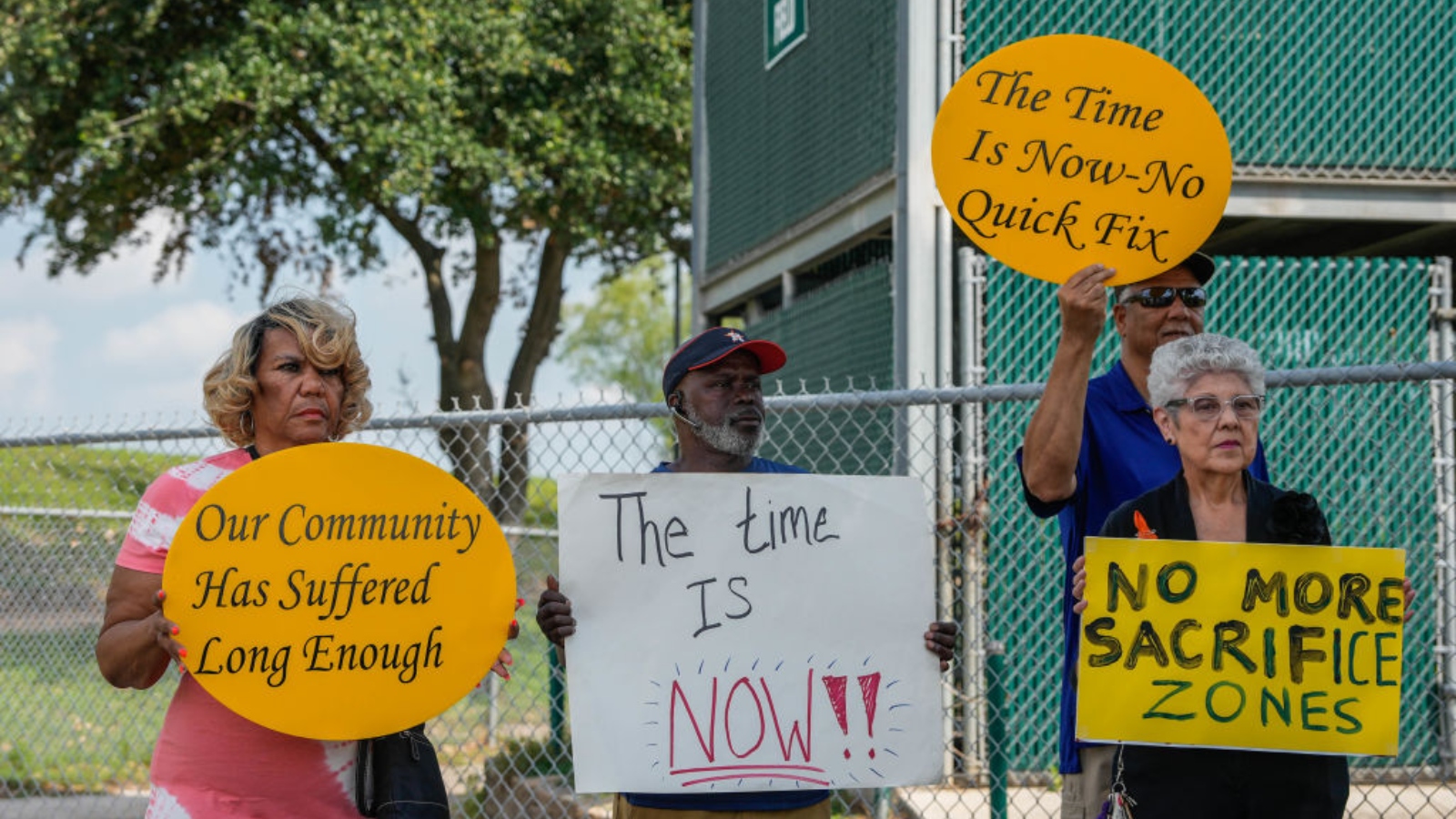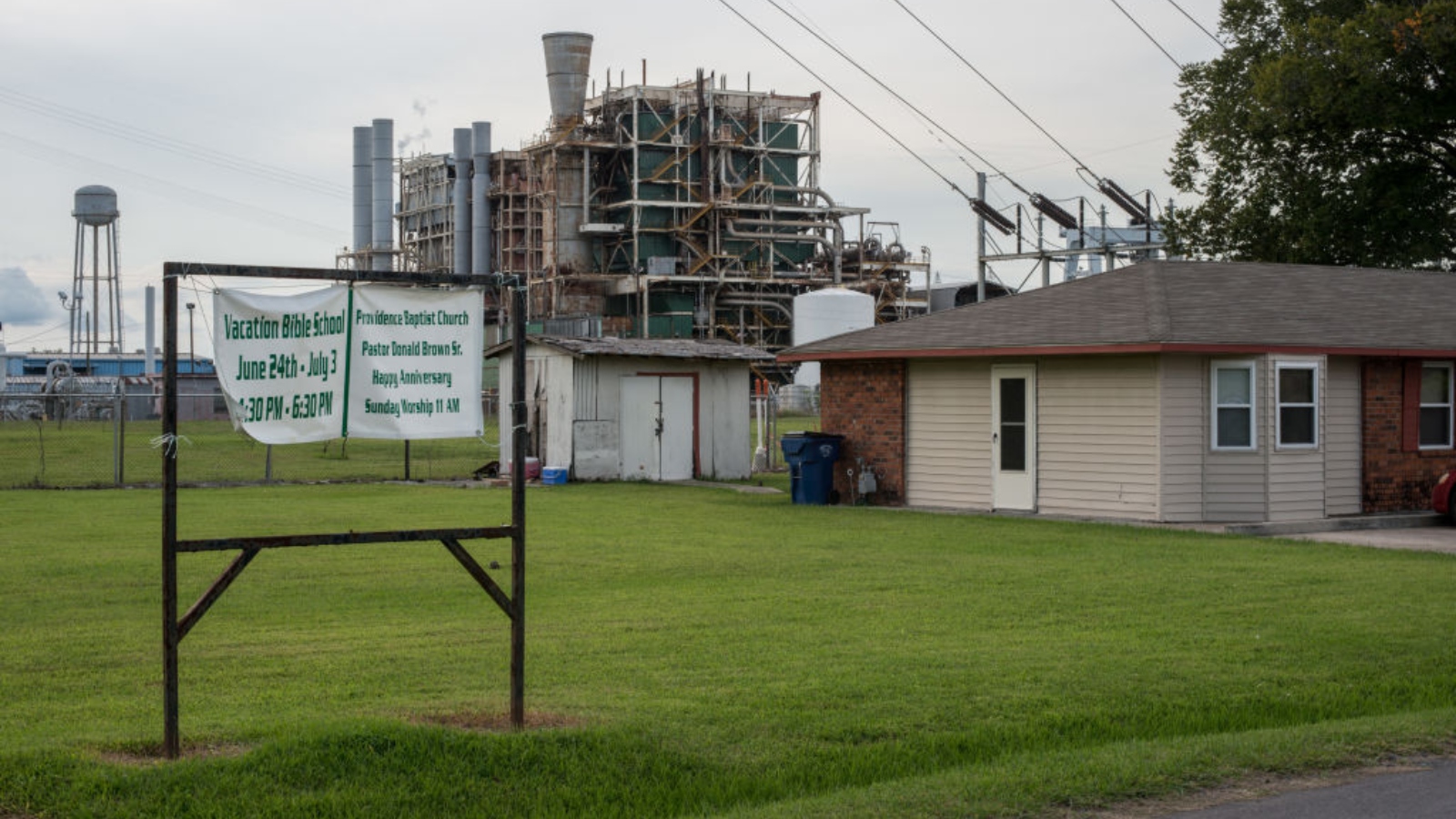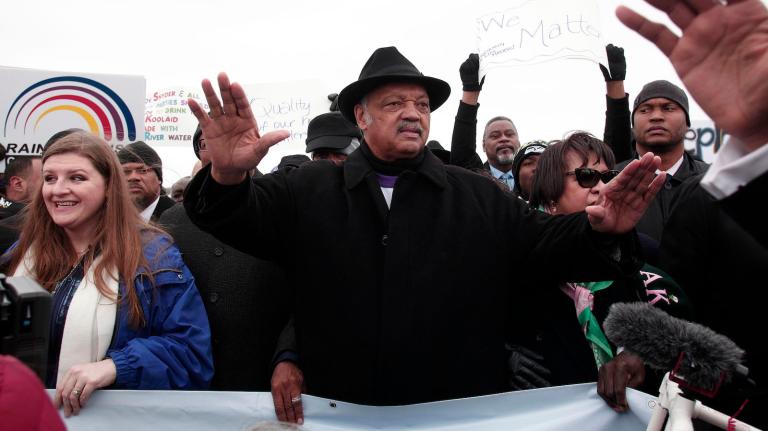In 1979, a woman named Margaret Bean decided to challenge the Texas state government’s decision to grant a permit for a new landfill in her neighborhood on the outskirts of Houston. The area was 70 percent nonwhite, and Bean and her fellow residents alleged that the permit fell into a pattern of setting up landfills in the city’s minority communities, violating their rights under the Constitution’s equal protection clause.
It was the first major environmental justice case brought in federal court, and it did not turn out in Bean’s favor. Nor did subsequent cases of a similar nature in Macon County, Georgia, or Richmond, Virginia.
In all of these lawsuits, the plaintiffs’ lawyers encountered difficulties proving that regulators’ permitting decisions were discriminatory. They were limited by a Supreme Court ruling several years prior, which said that proof of discriminatory intent is necessary to establish a violation of constitutional protections from race-based discrimination.
Faced with the limitations of curbing the pollution in their vicinities through the Constitution, environmental lawyers in the late 1990s began trying a different approach.
Whereas the equal protection clause required a demonstration of discriminatory intent, the Environmental Protection Agency’s regulations under Title VI of the 1964 Civil Rights Act say that a regulatory decision may be deemed discriminatory based on the effect it has on a particular group. This “disparate impacts clause” quickly became the holy grail for the environmental justice movement.
But communities and legal advocates soon found a problem with this approach as well. Rather than review the civil rights complaints it received, the EPA left them to languish without resolution. It was as if the agency had Title VI regulations in place, but wasn’t interested in actually enforcing them — a situation that lasted for decades.
To compel the agency to change this negligent practice, community groups around the country sued the EPA in 2015. A federal judge ruled in their favor in 2020, and the agency finally began investigating the Title VI complaints that came across its desk. It opened probes in “Cancer Alley,” Louisiana, and Chicago, Illinois.
Shortly after the EPA began opening civil rights probes, the agency encountered forceful pushback from conservative state governments that were accustomed to having full control over the permitting processes in their jurisdictions. In the middle of negotiations to resolve two Title VI complaints in “Cancer Alley,” then attorney general and now Louisiana governor Jeff Landry sued the EPA and the Department of Justice in the spring of 2023, arguing that the federal regulators were acting beyond their authority.
Then, about a year later, a group of 23 Republican attorneys general sent the EPA a petition asking that the agency suspend its use of Title VI to regulate pollution. The EPA’s attempts to advance environmental justice amounted to “racial engineering,” they argued, and represented an overextension of its authorities. (The agency has still not responded to the letter, which it can choose to reject out of hand or accept and initiate a process to change its own regulations.) Last month, a federal judge ruled in Landry’s favor, effectively barring the EPA from enforcing Title VI in Louisiana.
In response to these successive attacks against the EPA’s Title VI regulations, residents and advocates submitted a counter letter to the EPA earlier this month. “At a time when we should be celebrating the 60th anniversary of the Civil Rights Act of 1964, we instead face a new wave of threats to its core aims of equal protections for all people,” the letter began. The 37-page document includes a series of case studies from around the country — some in which the EPA effectively used Title VI to fight unjust industrial expansion and others in which the agency’s failure to enforce its own civil rights regulations amounted to a “missed opportunity” to better peoples’ lives.
One example details the fight against a scrap metal shredder that was relocated from a wealthy white neighborhood to a majority Black and Latino area in Chicago. After residents formed a task force and filed a Title VI complaint against the Illinois EPA in 2020, the city itself denied the company its operating permit, and the state agreed to revise its industrial permitting process to account for vulnerable communities that already contend with numerous sources of pollution. In another case, residents and advocates deployed a Title VI argument to fight a 49-mile crude oil pipeline slated to run through predominantly Black neighborhoods in Memphis, Tennessee. Shortly after they filed their complaint in 2021, the pipeline company announced that it was pulling the plug on its project.
Despite these victories, the signatories wrote, the EPA has caved to pressure from certain conservative state governments and dropped the ball on several Title VI cases. In 2022, for example, community groups in Houston, Texas, filed two separate civil rights complaints about the disproportionate permitting of concrete plants in their neighborhoods. The EPA accepted the complaints and began investigations but in October 2023, the Texas Commission on Environmental Quality, or TCEQ, withdrew from negotiations, challenging the EPA’s authority to enforce its own Title VI regulations and citing the pending litigation by Louisiana against the EPA. In response to the Texas commission’s refusal to engage in the complaint process, the EPA could have issued a violation for noncompliance with federal regulations. “Instead,” the letter read, the “EPA allowed TCEQ to unilaterally withdraw from the negotiations and has yet to give the community any relief under Title VI.”
It’s not just communities and legal advocates pushing back against the Republican attorneys general’s petition. On September 5, a group of Democratic attorneys generals from 16 states led by Letitia James of New York sent EPA Administrator Michael Regan a letter of their own, urging the agency to keep the Title VI review process alive. The document contains descriptions of how early 20th-century discriminatory zoning and redlining policies led neighborhoods of color to experience long-term adverse health effects from unrestricted industrial expansion, and how the AGs’ respective state governments were trying to combat those legacies of racism which persist to this day.
“EPA’s regulations prohibiting recipients of federal funding from engaging in policies and practices that have a discriminatory effect provide an important tool for addressing these disparities, and a critical complement to related state and local efforts,” they wrote.
Over a phone call, Sheila Foster, an environmental law professor at Columbia University and a signatory of the advocates’ letter, told Grist that Title VI accounts for what traditional environmental law cannot. Whereas state and federal regulators typically evaluate a community’s exposure to pollution by examining facilities or chemicals in isolation, civil rights law considers the “synergistic effect” of all the environmental hazards in a community.
While the Biden EPA has dropped the ball on a number of civil rights complaints, Foster said, it is clear that a Trump administration would only facilitate and expedite the ongoing attack against Title VI, given the extensive regulatory rollbacks that took place during Trump’s presidency.
At the heart of every Title VI case, she said, is the fact that “communities are not protected under environmental laws and by environmental agencies because of the narrow way in which harm is measured and in which environmental standards are created.”





